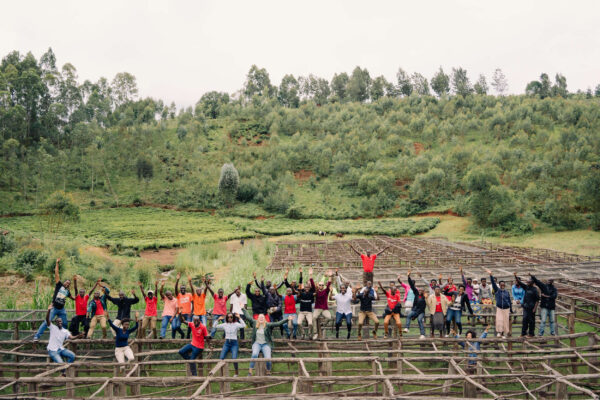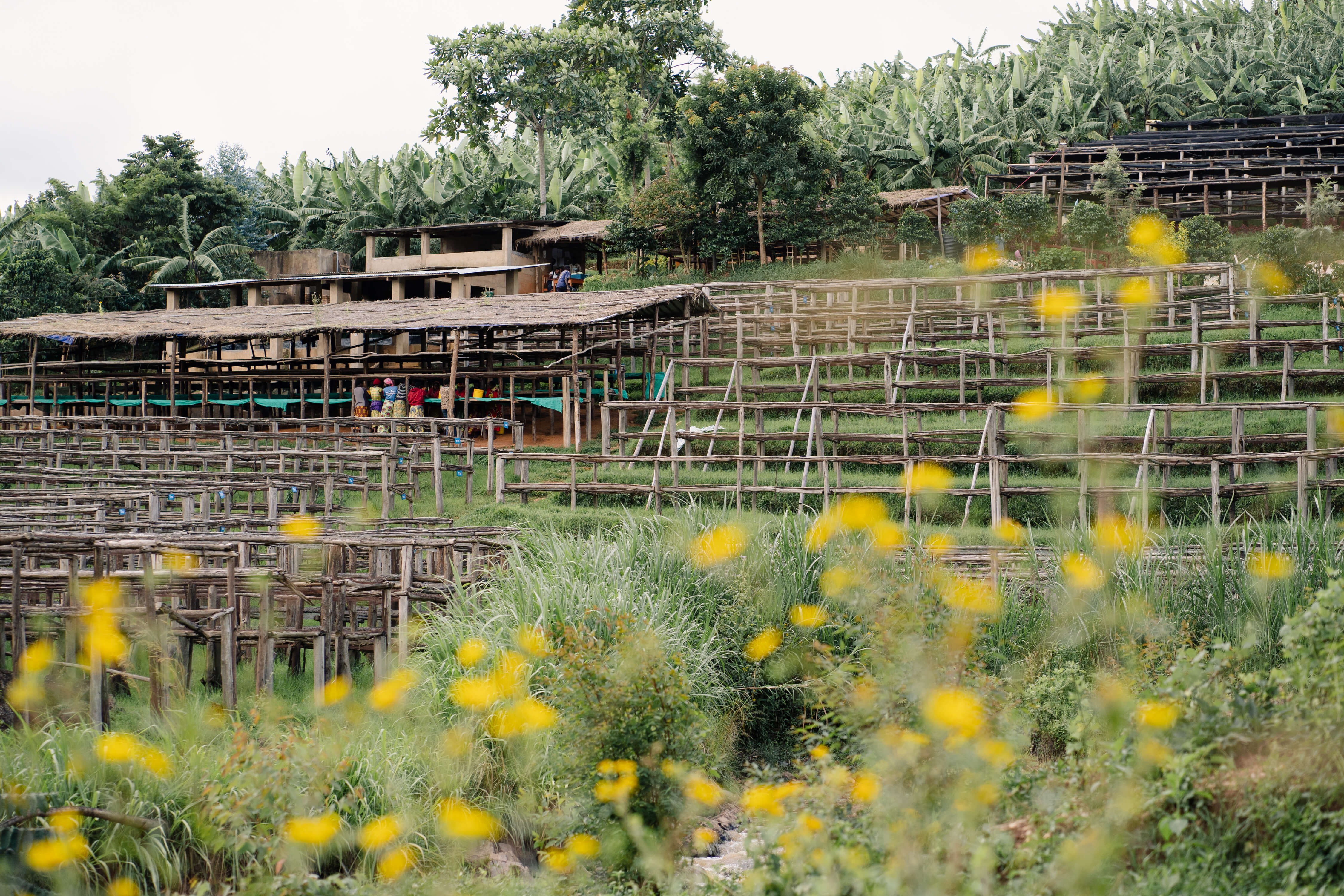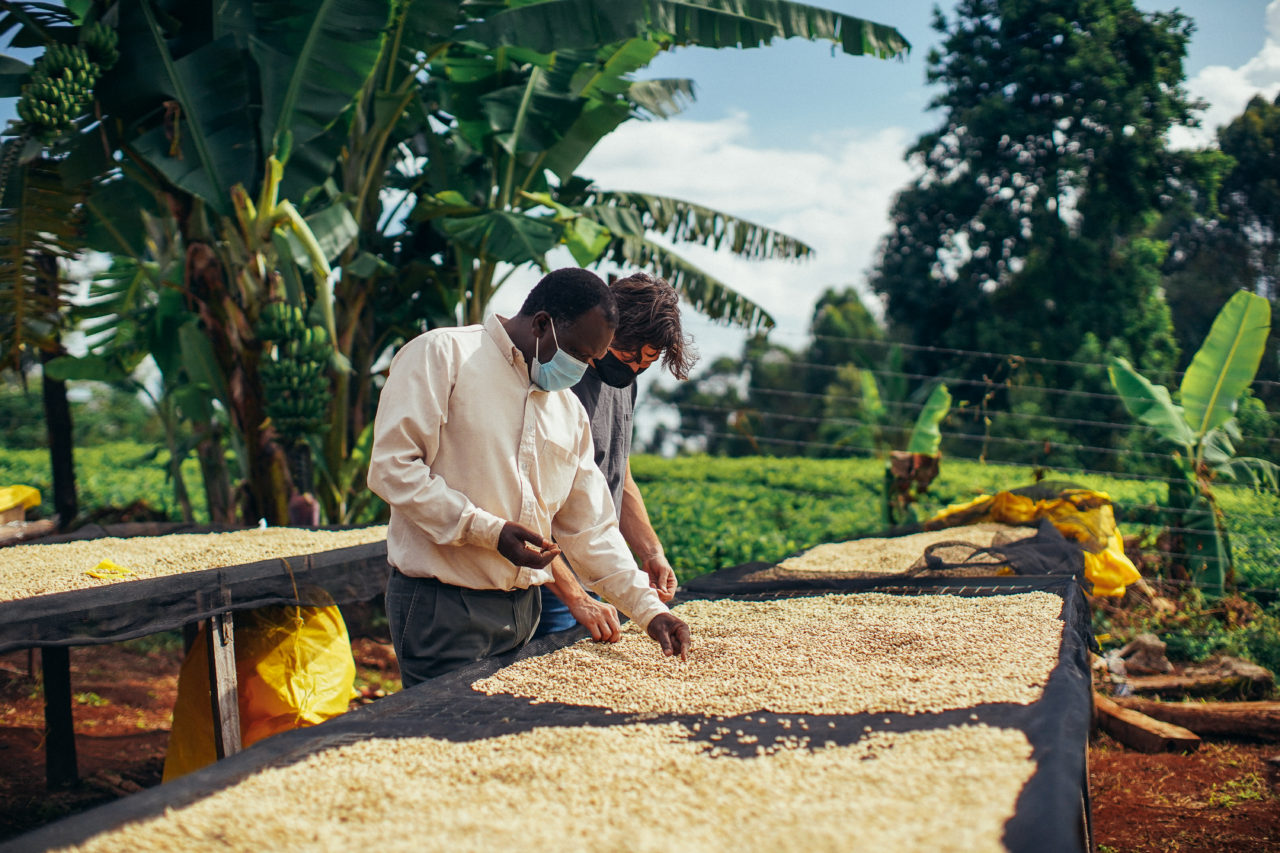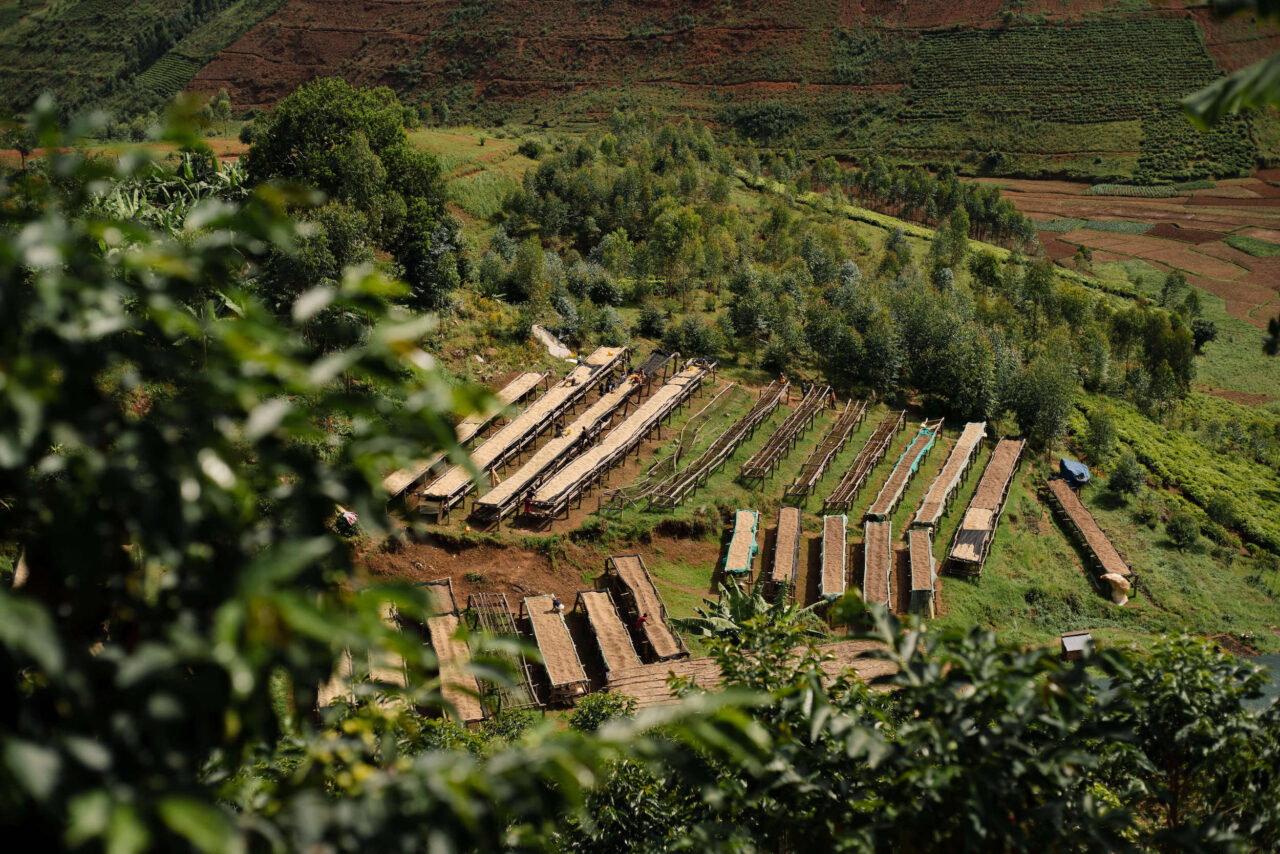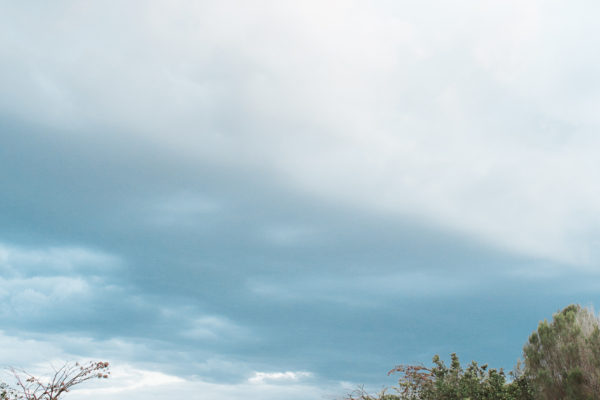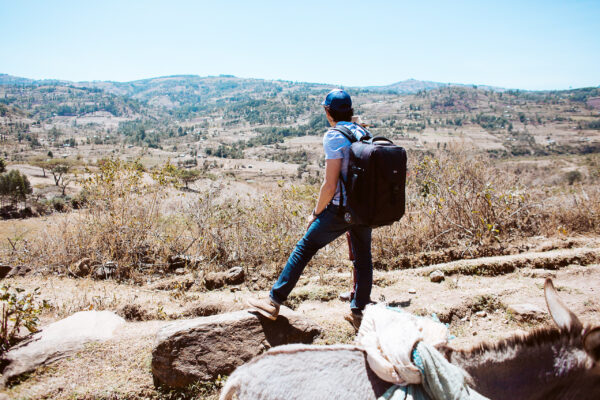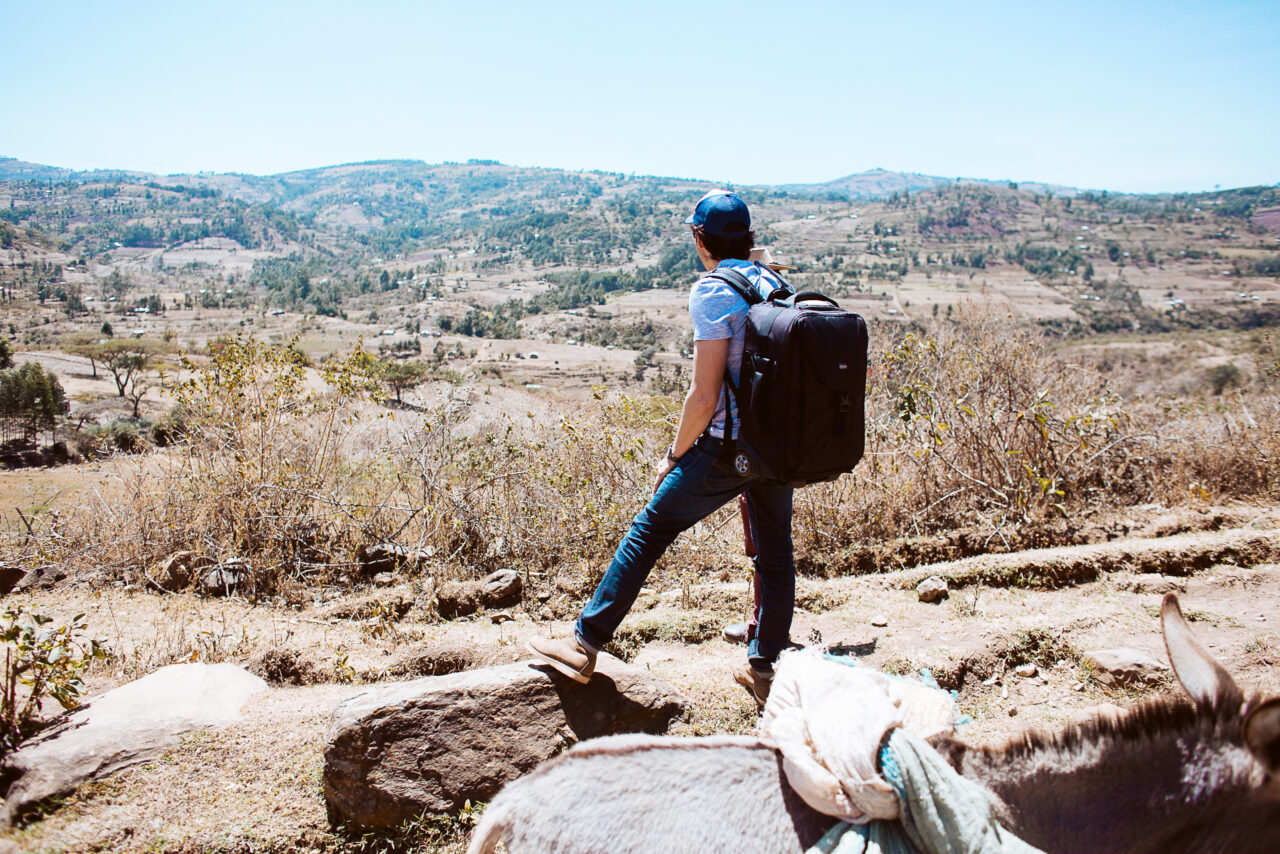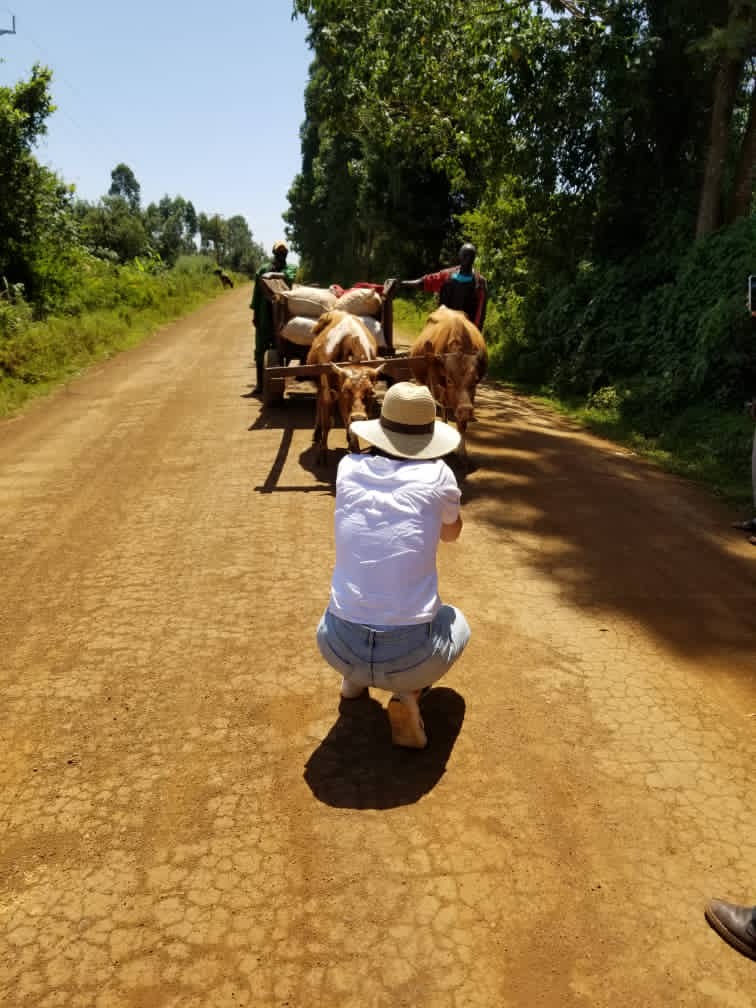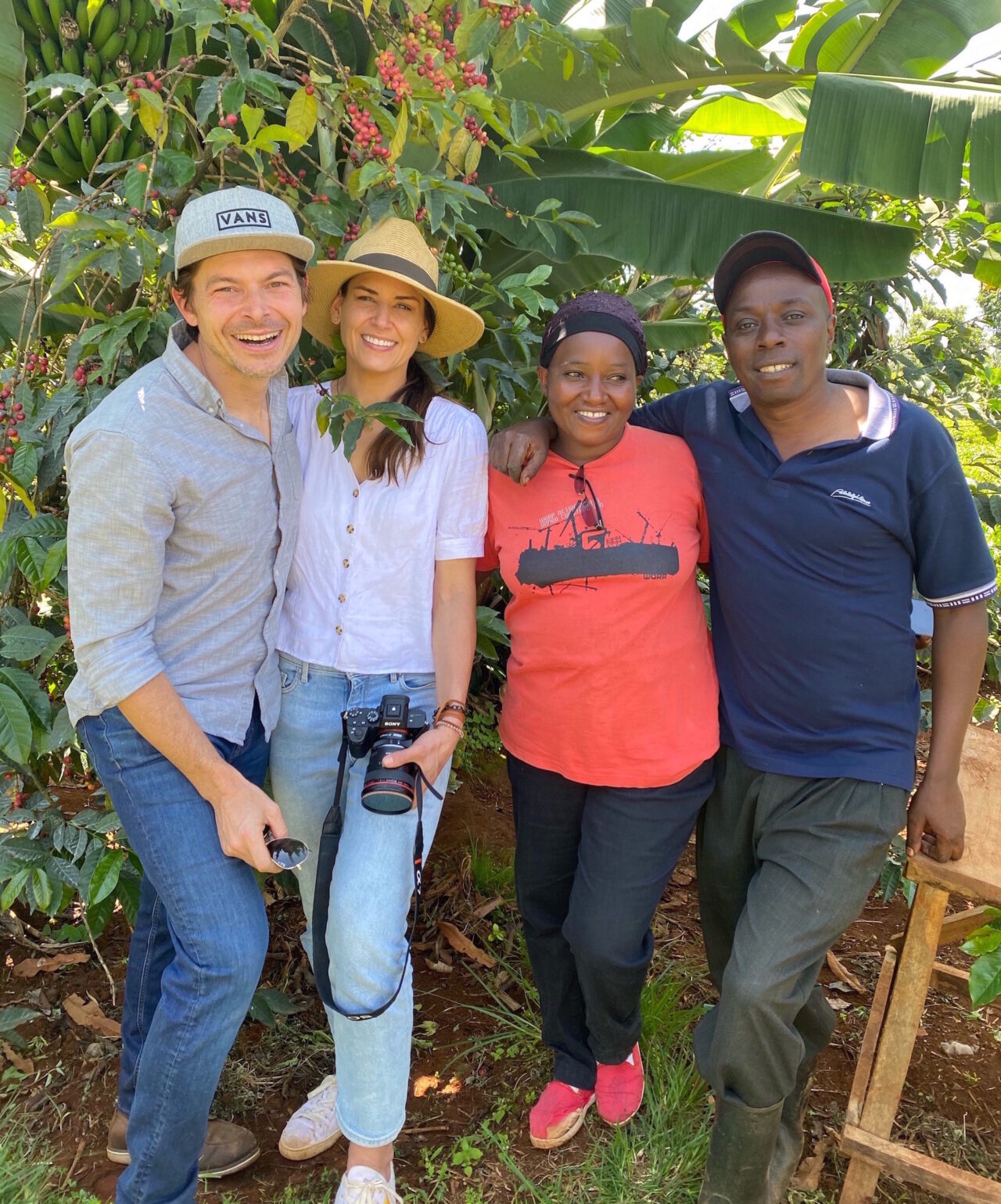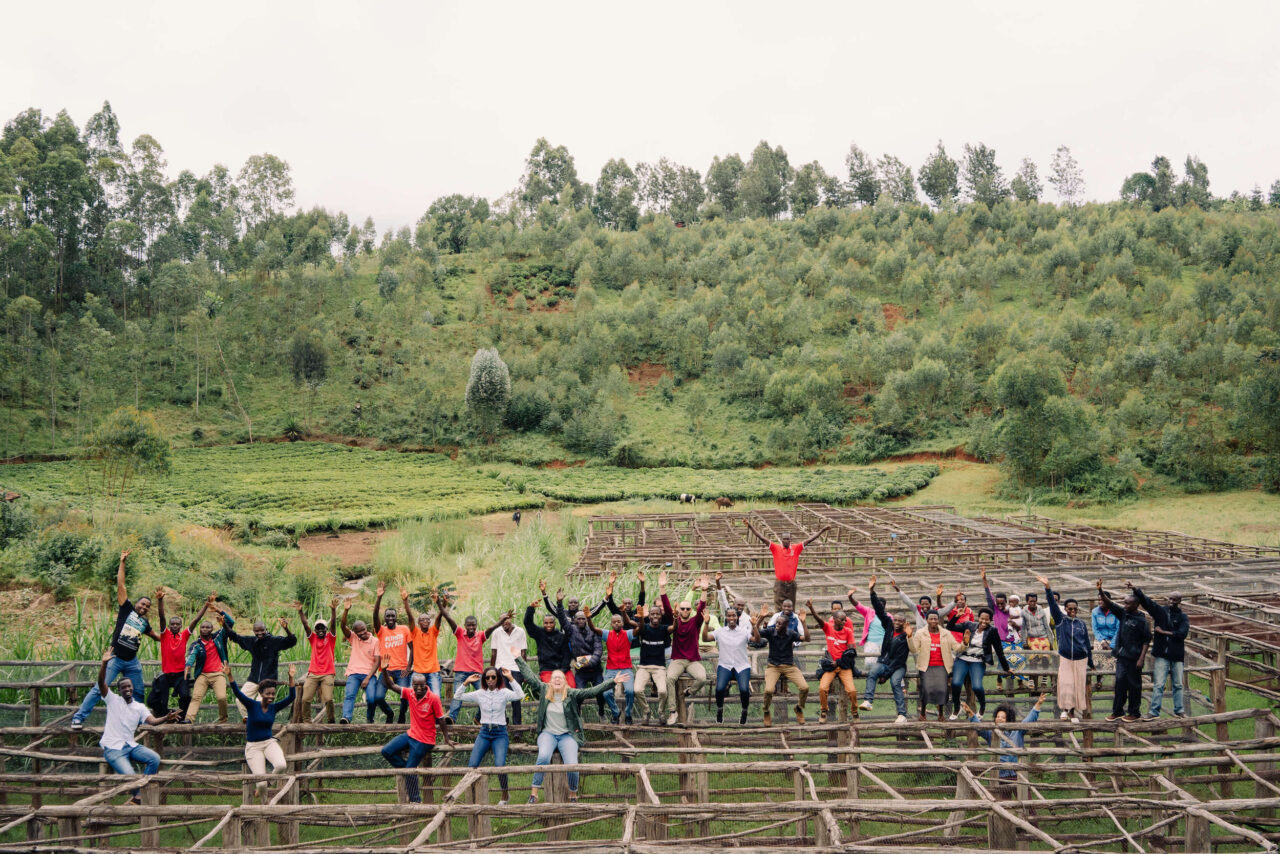
We’re often asked the question, “How do I begin working with Long Miles?”
Irrespective of your size or location, the process always begins the same: Talk to us. Whether you are buying one bag or five containers, we want to know you. Few industries are as relational as coffee and we take this element of our industry very seriously – it is our sincerest pleasure to do so. The best way to be in touch is to email David Stallings, who handles Roaster and Importer Relations.
Regardless of where you are located and how much coffee you are looking to source from and/or through Long Miles, our goal is always the same: To interact directly with you and to keep you connected to a transparent and equitable supply chain.

Once you reach out we will schedule a phone/Zoom call or continue the conversation over email, whatever is best for you and the time zones we find ourselves working to reconcile. Together we will discuss your needs in many areas: The types of coffees you are looking for, the volumes of coffees you are looking for, and more. From there we will work together on a plan that works for your business. This can look any number of ways. Typically one of two primary paths will be decided upon:
- Roasters purchasing less than a full pallet (ten bags) of coffee from any given origin in any given year are typically referred to our importing partners – more on this below. In most cases and markets, our importing partners take a certain amount of Long Miles coffee into their position specifically with the intention to service our smaller clients. This is not done, by any means, to “hand-off” smaller roasters. In fact, we began operating this way to make sure that our one bag clients were receiving the exact same level of care and attention as our largest clients. As coffee farmers, producers, and exporters, we are not expertly suited to handling sampling and contracts for the smallest of our partners. We remain, however, 100% committed to these partnerships and are available by email, phone, WhatsApp, etc., at any time in order to make sure you have the tools necessary to represent Long Miles coffees in the marketplace. As stated above, regardless of size, we want every partner to be and feel as connected to the supply chain as they wish.
- For roasters buying ten+ bags from any given origin each year, you will liaise directly with David for samples, etc. At the appropriate time, David will connect you to our importing partner in your market for contracting, etc.

Once the coffee leaves the country of origin, the primary contact for all things logistics-related will be the importing partner to whom you were introduced by our team. These critical partners will see the coffee safely from port to port, oversee the legal process of getting the coffee into the country/region of delivery, and oversee the logistical process of getting the coffee from the port and into a warehouse. Finally, they will be your primary point of contact for releasing the coffee from the warehouse, paying for the coffee, and seeing that the coffee gets to your business. All of that being said, our team remains at your service throughout the entire process. Whether you have a question about the current state of the coffee or a question surrounding information related to the coffee itself, we are and always will be here for you.
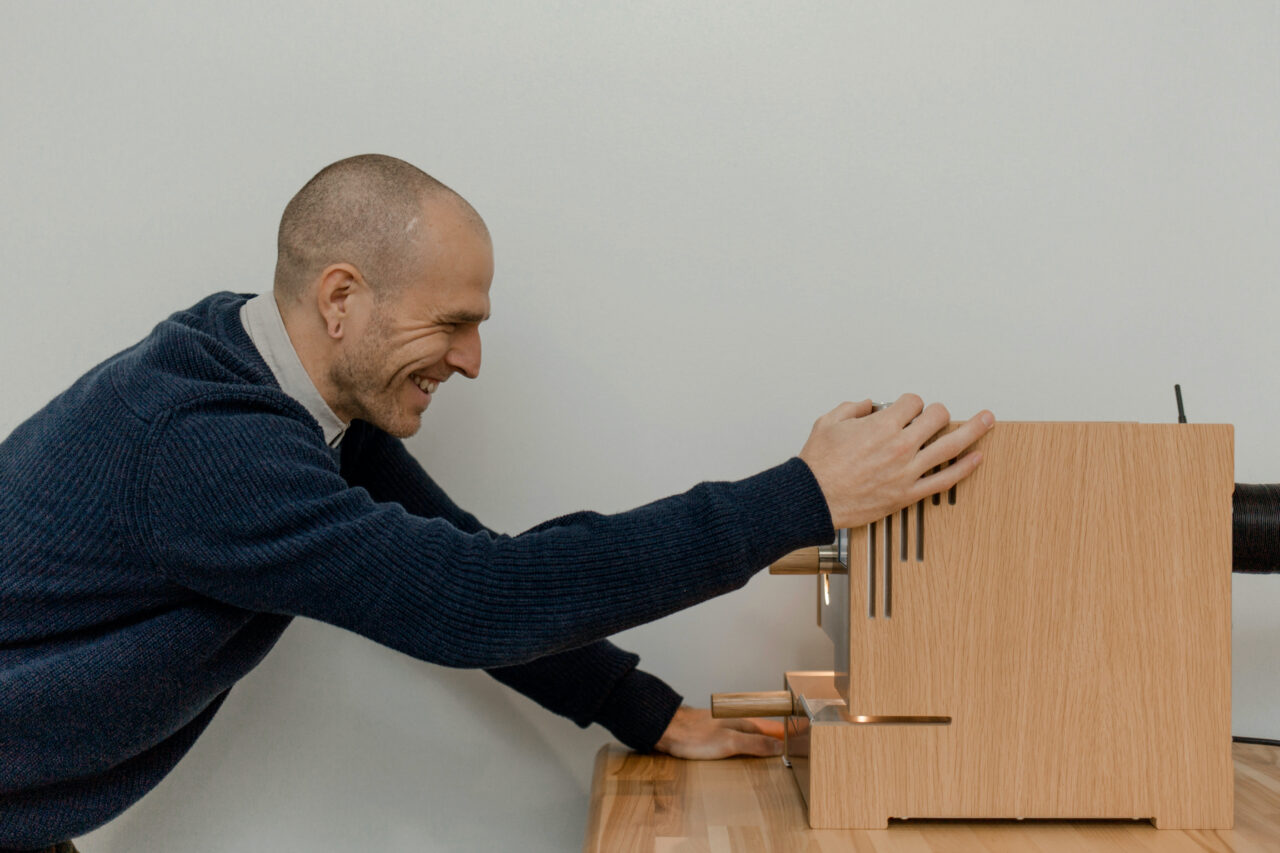

To better understand why we operate as we do, it may be helpful to note something about who, exactly, Long Miles is. As owners and operators of washing stations in multiple East African nations, we are coffee producers. As owners of farms, we are coffee farmers. We are also coffee exporters. There are other labels that can be applied to Long Miles in East Africa but these are the most important for the sake of this guide.
It may also be helpful to make clear what Long Miles is not. Most notably, Long Miles is not a coffee importer. There are a number of implications associated with this. Firstly, and most importantly, we partner with importers. We are frequently asked questions such as, “Can we buy directly from you and not involve an importer?” The simple answer to that is, “No, that is not possible.” It’s not possible because it’s not legally possible. Unless you live in the country in which the coffee was produced, it must be legally exported by an entity and it must be legally imported by another. There is no way around this. The closest thing that we can do to not involve an importer is to air freight our coffee directly to you. Even then, someone is technically importing the coffee, whether that be your business or a representative you hire. Furthermore, while there are legitimate reasons to occasionally air freight coffee, it is by no means a sustainable approach to coffee logistics – economically or ecologically.
Secondly, the importing partners we work with differ from market to market. We partner with companies based on a certain set of criteria: A general alignment on vision surrounding the purported goals of specialty coffee, the degree to which key roaster partnerships in the market endorse the importer, how expert the importer is in that particular market, how reasonably priced the importer is, etc. No single one of these is the most important factor under consideration. Rather, we weigh each of these points and consider the complete picture. If you are of the size that you are purchasing full or near-full container loads, our logistics team would be more than happy to liaise with an importer of your choice.

The third implication of not being a coffee importer is the fact that we do not typically have an Offer List, nor are we always able to clearly answer questions surrounding the exact final price of any given coffee. We will always be able to tell you the price to purchase the coffee from the country of origin, as this is the price we sell the coffee to importers for. That said, importers provide a service – and no small one at that. Not only are they handling global logistics, they also finance the coffee from the time that it leaves the country of origin to the time your roastery or business takes possession of it. There is a cost associated with shipping, importation, customs clearance, etc., and then the importer also needs to include a margin to cover their own expenses and to make a small profit. On top of all of this, coffee is nearly always bought and sold in U.S. dollars. If your roastery is located somewhere in the world where you will be invoiced in a currency other than USD, then of course the exchange rate and the exact time of the currency exchange needs to be taken into consideration, as well. We do know, generally, the prices charged by our importing partners and will do our best to provide a reasonably accurate quote upon request. Furthermore, we will be more than happy to connect you with our importing partners in order to get an exact logistics quote.
We are writing this post in early June, 2021. The Burundi harvest season is just beginning to ramp up. As such, if you are interested in beginning a relationship with Long Miles Coffee, and particularly if you are interested in purchasing Burundi coffee, now is the ideal time to reach out and make a plan surrounding this harvest.
